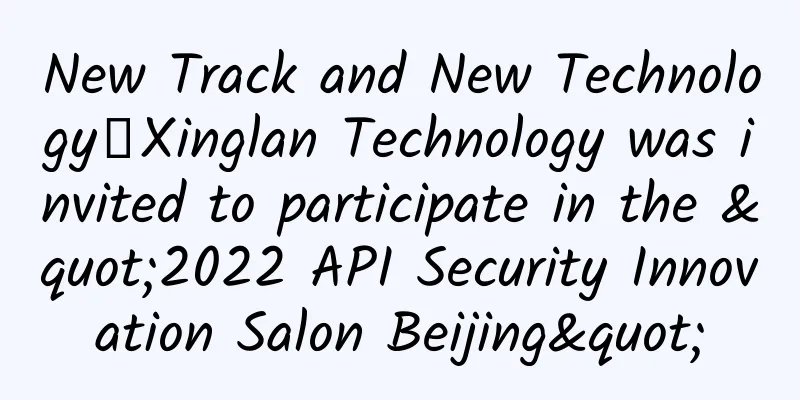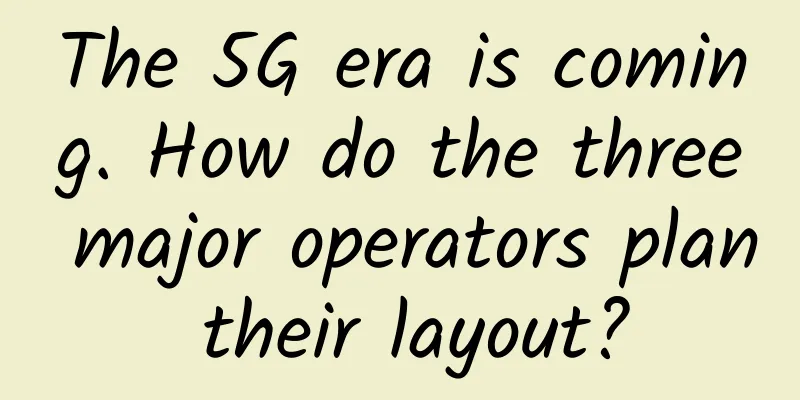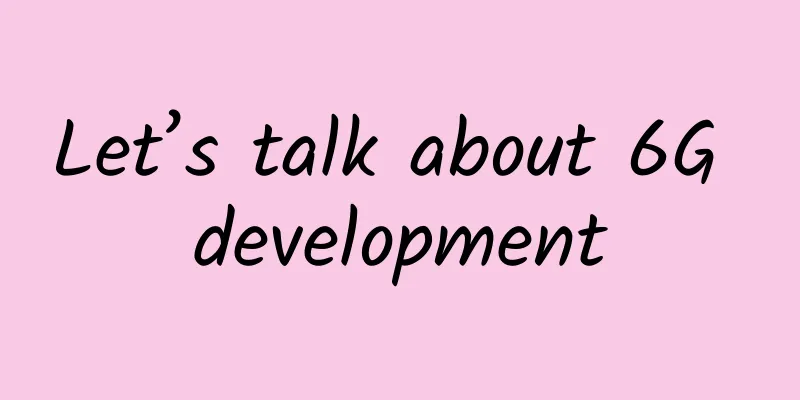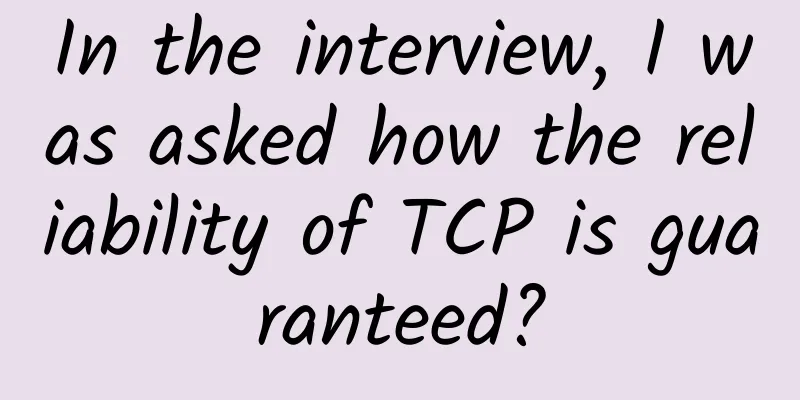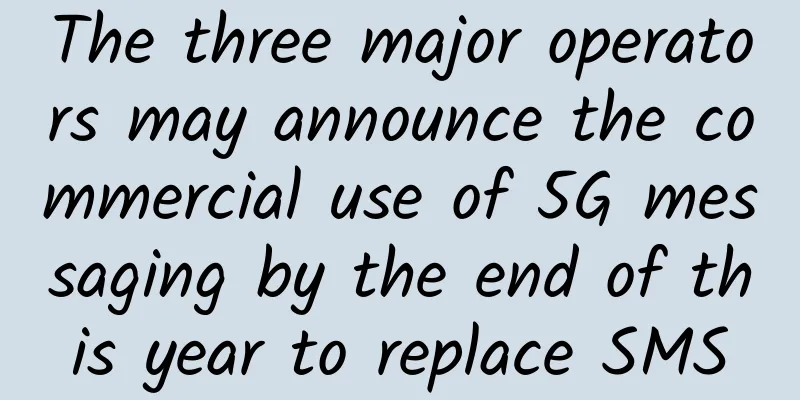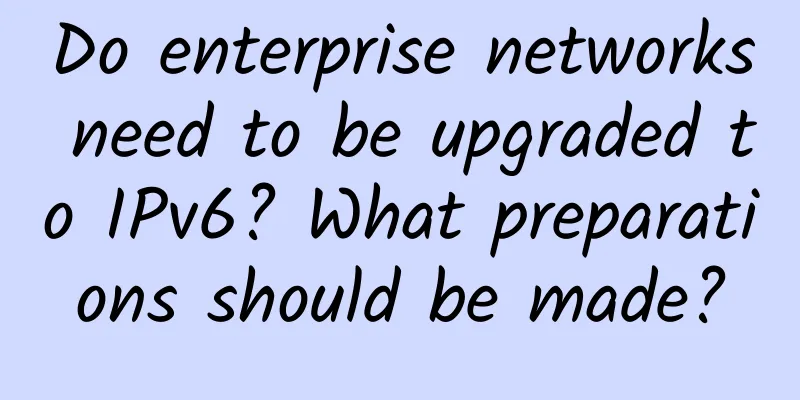Surge in mobile data usage puts Wi-Fi performance under severe test

|
According to the policies of communication regulatory agencies such as the FCC, wireless routers can use unlicensed "white label spectrum" within a limited range. However, in recent years, cellular mobile network operators have also begun to adopt it. Embarrassingly, researchers at the University of Chicago found that spectrum competition between networks will have a negative impact on Wi-Fi performance.
LAA base station in the University of Chicago campus (Photo: Monisha Ghosh) SCI Tech Daily points out that when you try to transfer a lot of data on your smartphone but the network speed is slow, you can scroll through how many Wi-Fi networks there are nearby that you can switch to. "Unrestricted white-label spectrum means anyone can use it freely within the limits set by the FCC," said Monisha Ghosh, a member of the University of Chicago's computer science department and a research professor at the Pritzker School of Molecular Engineering. However, in fact, this excessive choice is a big problem in itself. Due to the competition between networks, each network cannot provide the ideal operating speed. For mobile network operators, they mainly rely on a completely independent spectrum band obtained through auction. For example, when T-Mobile or AT&T obtains a license from the FCC, they can exclusively use a specific spectrum. This approach allows operators to build fast and reliable services and avoid interference caused by spectrum competition. However, as the demand for cellular data continues to grow, conflicts under limited bandwidth are also emerging. For example, on the University of Chicago campus, LAA base stations allow cellular network operators to access frequency bands shared with Wi-Fi.
Monisha Ghosh pointed out that the user base and data volume of cellular mobile networks have skyrocketed in the past five years. Operators are already facing a shortage of available spectrum, and the purchase of licenses often costs billions of dollars. To boost bandwidth without causing harm, some operators have tried combining white-label spectrum, a model called licensed-assisted access (LAA), which lets base stations operate in the same frequency bands as Wi-Fi. So Ghosh's team began to study the impact of this spectrum sharing strategy on the actual experience, such as measuring the performance of the Wi-Fi network near an LAA base station pole in front of a bookstore on campus. During the experiment, computer science graduate student Muhammad Rochman and postdoctoral researcher Vanlin Sathya configured five laptops and smartphones and connected them using local Wi-Fi and cellular data networks. In various application environments (such as low-demand website text access and high-demand streaming video transmission), the research team concluded that spectrum contention would reduce the actual performance experience by accessing multiple networks simultaneously. Regardless of the amount, speed, or signal quality of data transmission, when various devices compete for the spectrum at the same time, the interference generated will result in a blockage of information. And this competition is particularly bad for Wi-Fi, which sees its data rate drop by 97% when LAA is also active. Conversely, LAA base stations only see a 35% performance drop. |
<<: White Box in the Enterprise: Why Isn't It a Popularity?
>>: Juniper Networks: AI empowers experience first
Recommend
The three major operators are accelerating their computing power
Computing power is the core of cloud computing. W...
The high-quality development of 5G still requires more active policy support
Recently, the three major telecom operators have ...
EBS Lens, a powerful tool for block storage monitoring and service stress testing and tuning, is released
EBS Monitoring Status Block storage is a block de...
RAKsmart Double 11: San Jose servers start at $30, new users get $10 for registration, 1-10Gbps unlimited traffic servers
RAKsmart is an early-established foreign hosting ...
Xiao Yaqing: "14th Five-Year Plan" will comprehensively deploy 5G and other infrastructure construction
[[384223]] This morning, the State Council Inform...
A table to understand the difference between 5G and Wi-Fi 6
[[415279]] Spectrum Type Traditionally, cellular ...
Perhaps it is easier to understand HTTPS this way
We won’t talk about HTTP and HTTPS first. Let’s s...
HostYun Russia CN2 GIA is now available for internal testing with a 10% discount and monthly payment starting from 25.2 yuan
HostYun recently launched a new VPS in Russia CN2...
UFOVPS is 50% off, top up 200 yuan and get 20 yuan, Japan CN2 GIA/Hong Kong CN2 GIA/US high-defense VPS monthly payment starts from 19 yuan
UFOVPS has released the biggest discount this yea...
[11.11] RackNerd: $11.11/year - 1.11GB/11GB/3TB/San Jose and other data centers
RackNerd has also released several Double 11 prom...
Justhost: Multiple data centers in Russia/US, 200Mbps and unlimited data, starting from $1.96/month, Chinese/English/Russian pages available
Justhost recently adjusted its website pages and ...
Do you have an idle router? Why not transform it into an AP?
With the rapid development of wireless networks, ...
How will your life change in the next five years? Artificial intelligence may enter various industries like hydropower
The country recently announced the draft outline ...
Two years after the license was issued, what progress has been made in my country’s 5G development?
Since the Ministry of Industry and Information Te...
ProfitServer: 50% off VPS in Hong Kong/Singapore/Netherlands/Germany, unlimited traffic, starting at $2.88 per month
ProfitServer has launched a promotion to celebrat...
